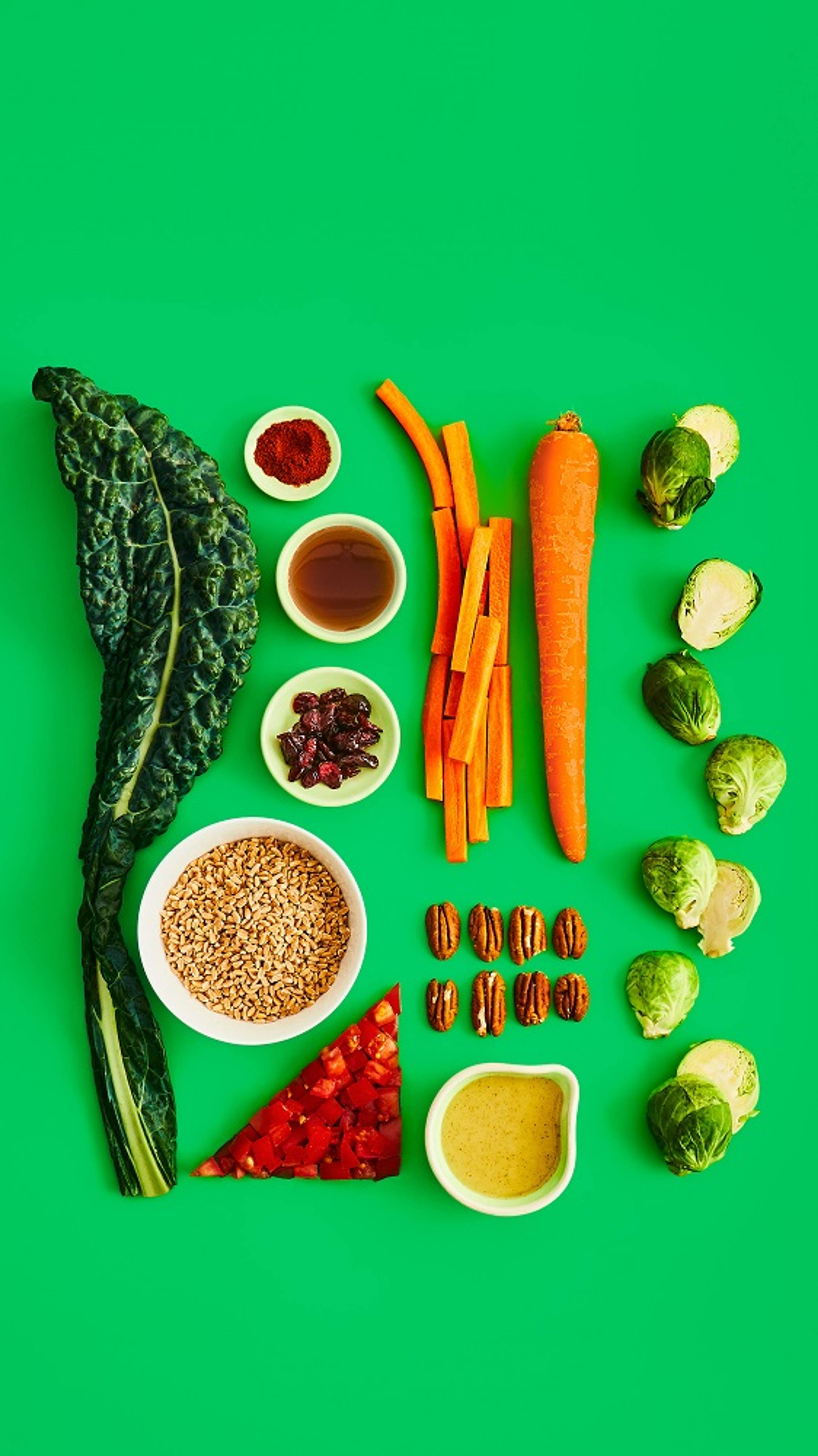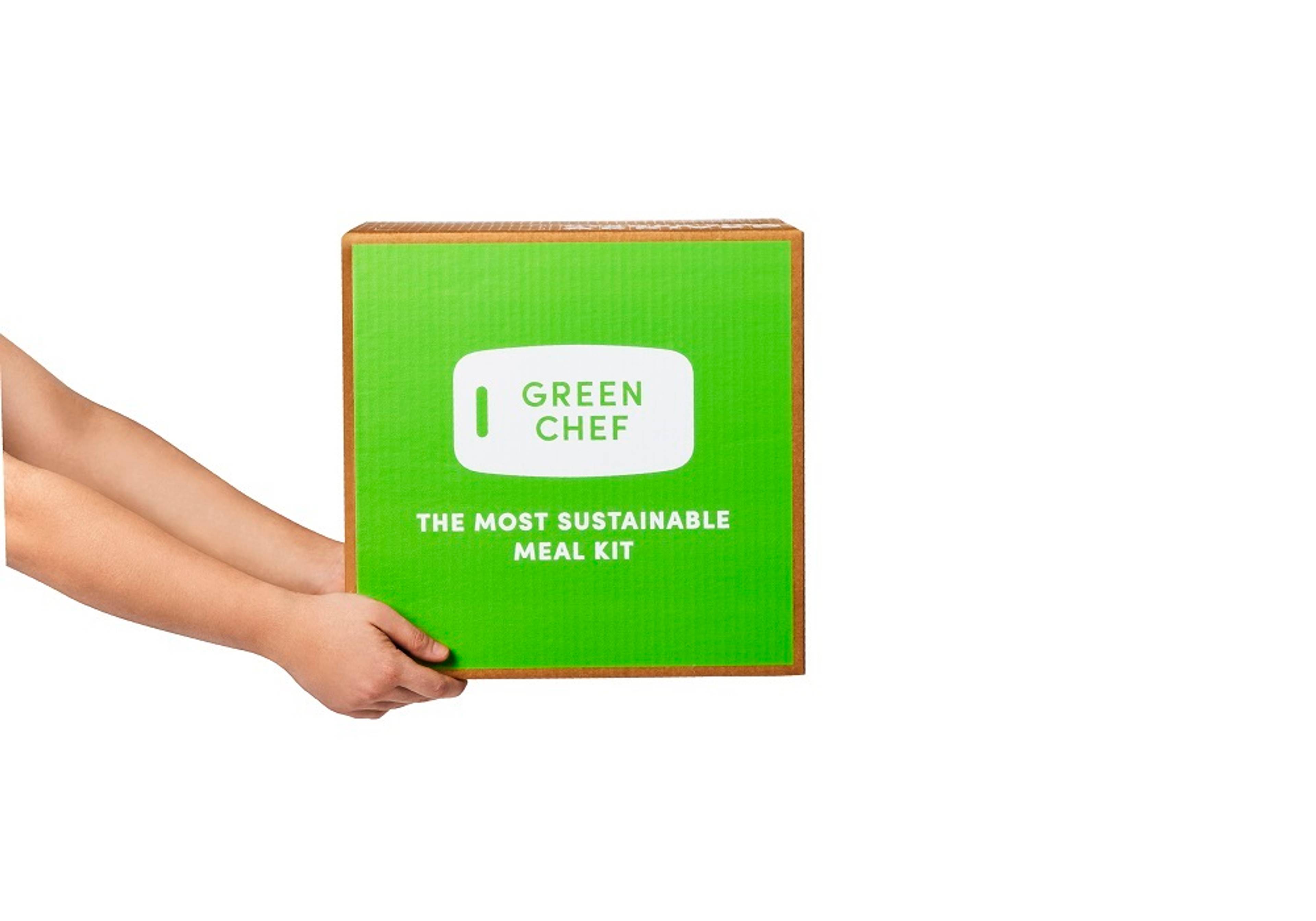Plant-Based Diets 101: How to Start a Vegan or Vegetarian Diet Plan
Starting a vegetarian diet is easier than you think. In this guide, we'll cover the basics of a vegetarian meal plan, how to keep your macros in check, and everything else you need to know to start a plant-based lifestyle.
Starting a vegetarian diet is easier than you think. In this guide, we'll cover the basics of a vegetarian meal plan, how to keep your macros in check, and everything else you need to know to start a plant-based lifestyle.
Good for You, Good for the Planet: a Plant-Based Diet Plan
You’ve certainly heard all the buzz around plant-based eating. From vegan and vegetarian diet plans, to “meatless Mondays” for those who don’t want to completely forgo meat, plant-based diets are growing in popularity. Why? Not only can switching to a plant focused diet help you drop a few pounds, it’s also a more environmentally friendly option. But what exactly does “plant-based” mean? Do you have to completely eliminate meat and dairy? Does it just mean eating less meat? Read on to find out more!
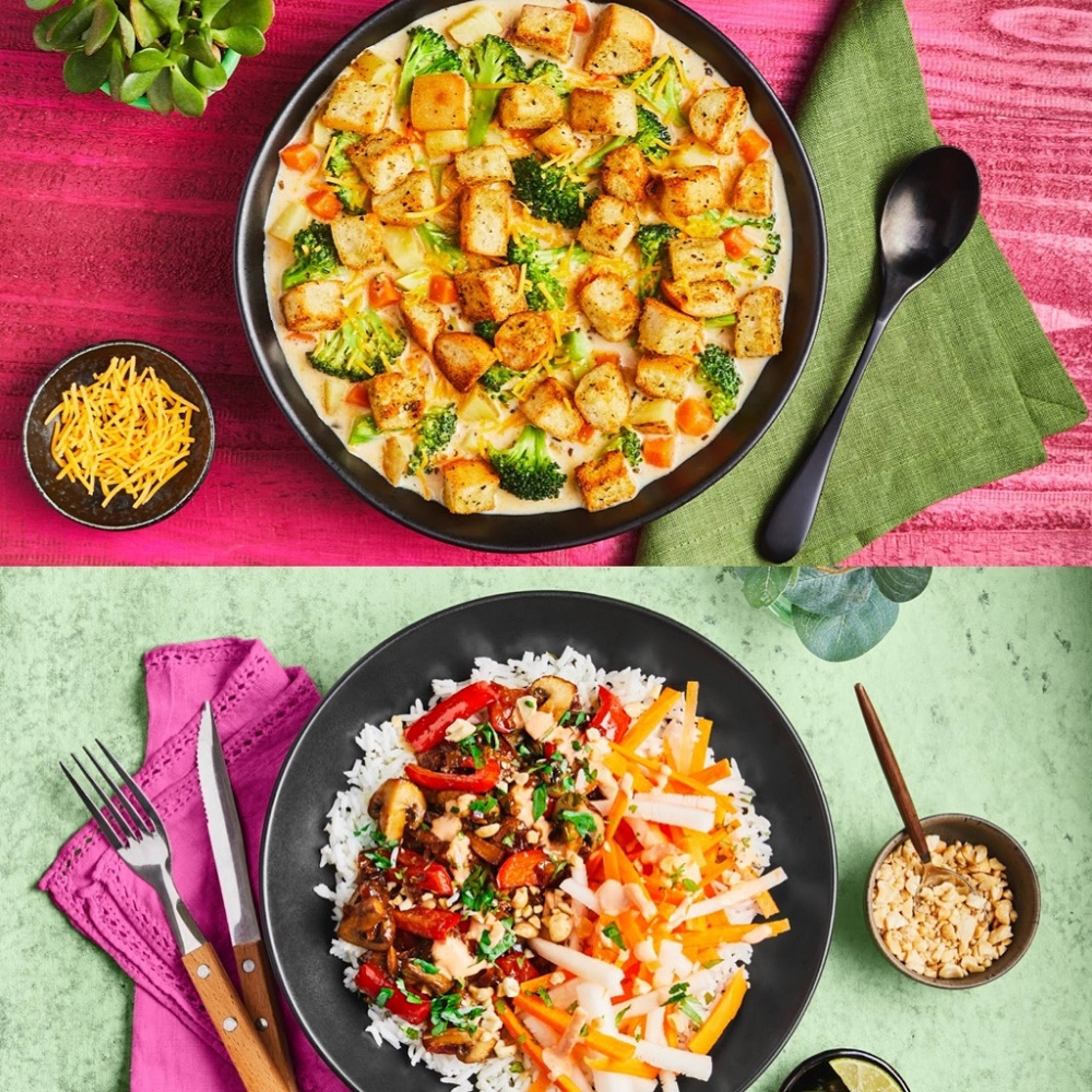
Vegetarian vs. Vegan: What’s the Difference?
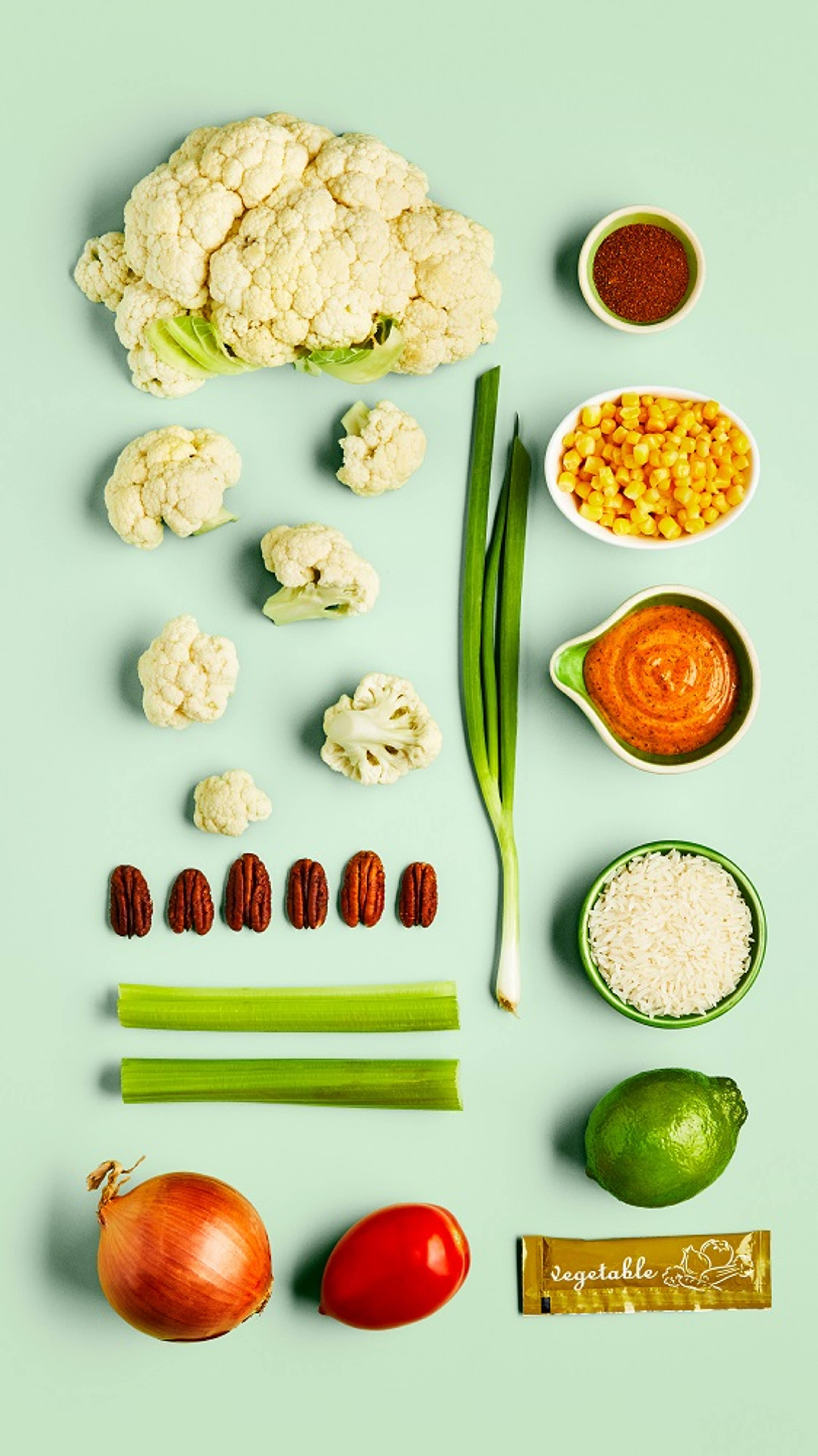
The Basics of a Vegetarian Diet Plan
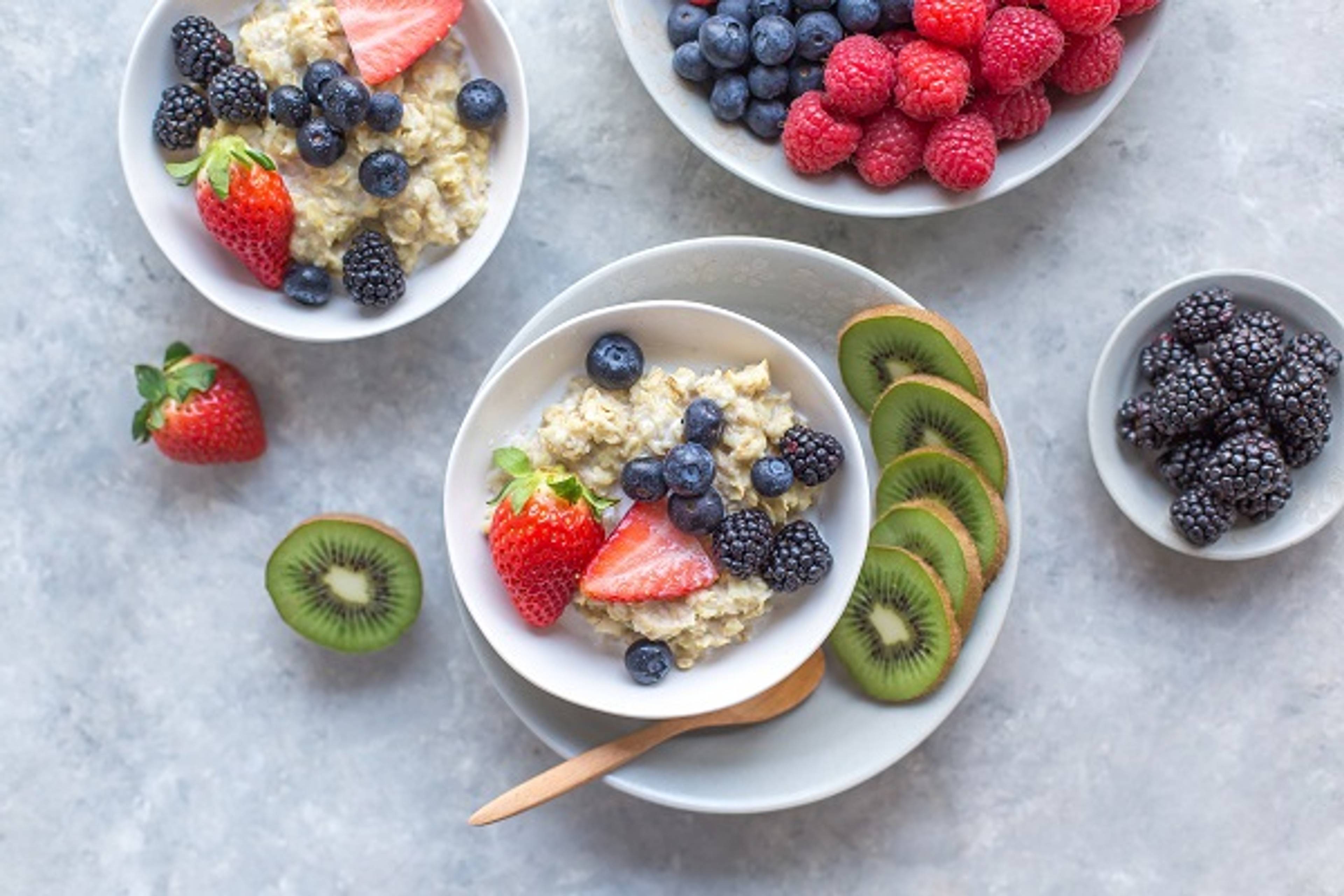
Ideas for Your Vegetarian Diet Plan
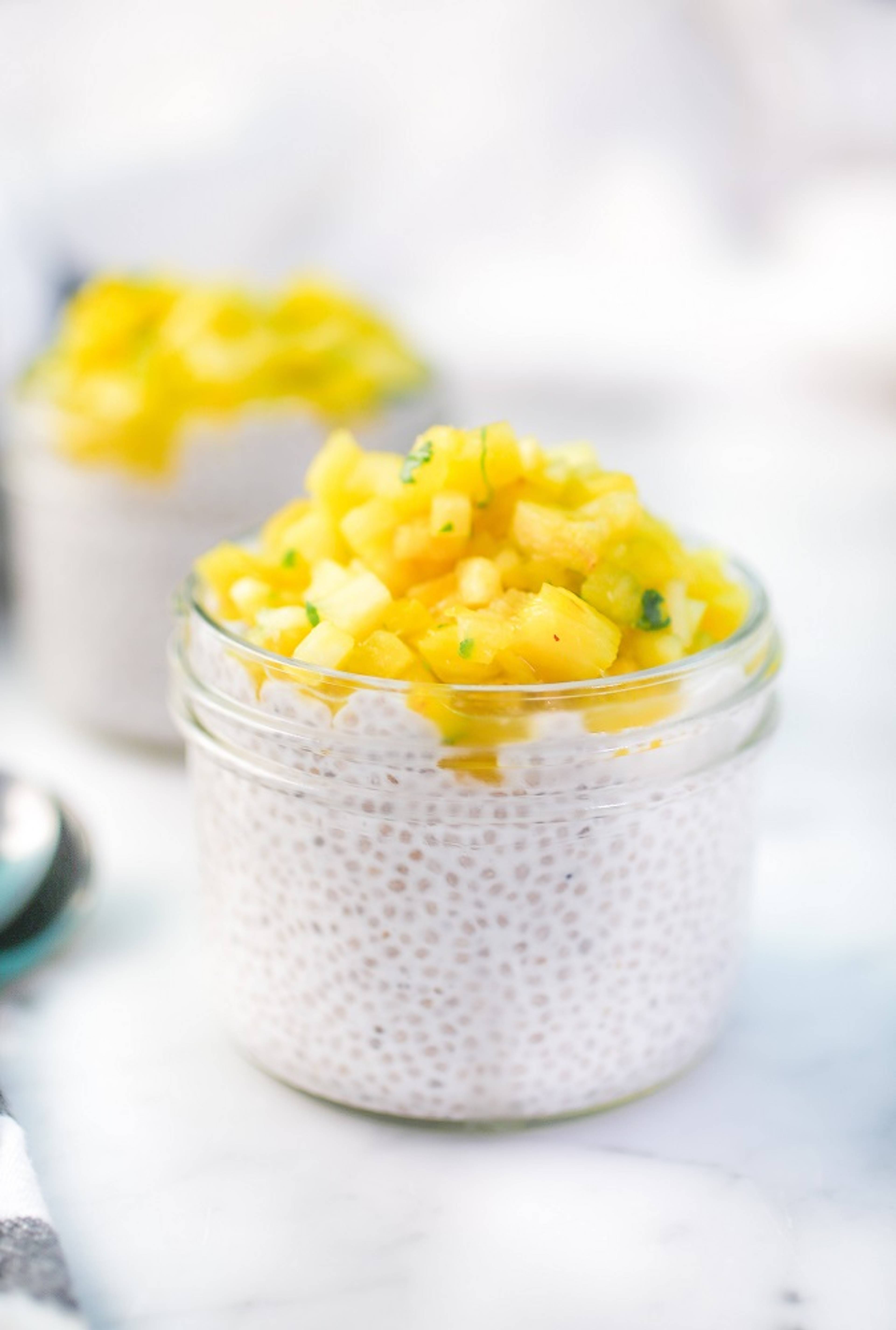
A Sample Vegan Diet Plan for Beginners
What Are the Pros and Cons of a Plant-Based Diet?

Pro: A Plant-Based Diet Is Good for Your Overall Health
Countless studies have proven that a plant-based diet can improve your overall health. A diet that relies heavily on fruits, veggies, buts, seeds, whole grains, and legumes can lower cholesterol and blood pressure, two contributing factors in heart disease. On top of that, a plant-based diet can help you lose weight, and with obesity being the number one cause of heart disease in America, weight loss is definitely on the “pro” list!
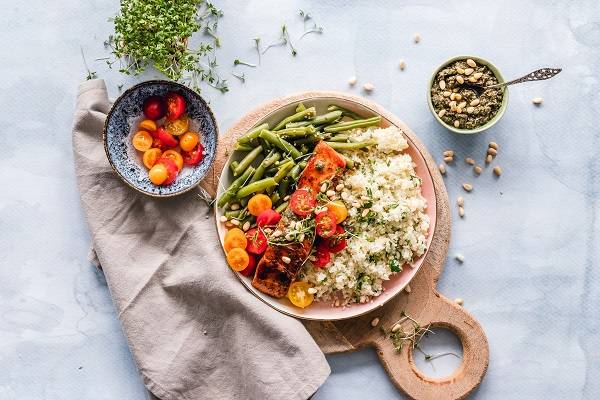
Con: A Plant-Based Diet Is Lacking in Certain Nutrients
As we previously covered, it can be hard for vegans and vegetarians to get enough protein. Why? Meat, eggs, and dairy are all protein powerhouses, meaning they pack more protein per gram than plant-based protein sources. However, getting enough protein is more than doable. Enjoy quinoa, beans, tofu, and seitan to get your daily ration of protein. Vegetarians and vegans are also at risk of developing deficiencies in B12, vitamin D, and omega-3 fatty acids. Thankfully, supplements can help with all of that.
What are Macros and How Much Do I Need?
Let’s take a moment to cover macros and why they’re an important part of a healthy diet. Macronutrients, or “macros,” as they are commonly called, are the big three nutrients your body needs to function at its best: fats, carbs, and protein. Typically, you need 45–65% of your total daily calories to come from carbohydrates, 25–35% from fat, and 20–30% from protein.
Carbohydrates give us quick, usable energy and are easy to get enough of on a plant-based diet like veganism. Healthy, complex carbs are found in vegetables, fruits, whole grains, beans, and legumes. Stay away from “simple” carbs like sugar. You may get a quick surge of energy, but it will only leave you hungry again! Plus, sugar provides “empty” calories. You want to get as much nutritional bang for your buck, so choose an apple instead of a sugary donut – even if it is vegan!
Fats are vital for organ protection, healthy hair, and also help you get – and stay – satiated. Sources of healthy, unsaturated fat include vegan diet staples like avocados, almonds, and other nuts, as well as seeds.
Protein is the building block for muscles and overall strength. We need protein to get and stay strong! Plant-based proteins include soy products like tofu, edamame, and tempeh, as well as lentils, quinoa, and beans. It can be difficult for vegans to get enough protein since meat contains significantly higher protein per gram. With planning, though, it is possible!
Carbohydrates give us quick, usable energy and are easy to get enough of on a plant-based diet like veganism. Healthy, complex carbs are found in vegetables, fruits, whole grains, beans, and legumes. Stay away from “simple” carbs like sugar. You may get a quick surge of energy, but it will only leave you hungry again! Plus, sugar provides “empty” calories. You want to get as much nutritional bang for your buck, so choose an apple instead of a sugary donut – even if it is vegan!
Fats are vital for organ protection, healthy hair, and also help you get – and stay – satiated. Sources of healthy, unsaturated fat include vegan diet staples like avocados, almonds, and other nuts, as well as seeds.
Protein is the building block for muscles and overall strength. We need protein to get and stay strong! Plant-based proteins include soy products like tofu, edamame, and tempeh, as well as lentils, quinoa, and beans. It can be difficult for vegans to get enough protein since meat contains significantly higher protein per gram. With planning, though, it is possible!

Pro: A Plant-Based Diet Is Better for the Environment
For many, vegetarianism and veganism is about more than just personal health. There is increased concern worldwide about the impact of livestock farming on the planet. It is said that the farming plants requires fewer resources than the production of meat, poultry, and dairy. On top of that, cows produce more methane (a greenhouse gas) than plants do. And for many, they feel it is simply unethical to eat animals.

Con: It Can Be Hard to Stick To It
Though more and more people are vegans and vegetarian than ever, it can still be hard to find healthy, nutritious vegan and vegetarian options, especially when eating out. You’ll also have to say good-bye to certain foods that you may love. However, with a little patience, perseverance, and planning, it is more than possible!

Pro: A Plant-Based Diet Can Improve Your Skin
While there isn’t much conclusive evidence to prove it, many believe that because a vegan diet ups your intake of vegetables and fruits and cuts out dairy, meat, and processed snacks, the natural antioxidants can help your skin. Simply put, you’ll be healthier inside and out! Give it a try and do your own plant-based diet before and after skin analysis to see the results for yourself.

What Other “Cons” Do I Need to Watch Out for?
The evidence strongly suggests that there are more “pros” than “cons” to a plant-based or vegan diet. That being said, there are a few side effects you may see if you don’t get enough nutrients. For example, a deficiency in protein, iron, or zinc can cause increased hair shedding. Not eating red meat—a massive source of iron and vitamin B12—can also lead to headaches, fatigue, and dizziness. The solution to these? Eat a varied diet that gives you all the nutrients you need to stay healthy!
Making a Plant-Based Diet for Athletes
A well-balanced diet is important for everyone. Athletes, though, have to pay particular attention to their diet in order to improve performance and build muscle. One of the biggest concerns for athletes is getting the right nutrition to fuel their bodies. Can a plant-based diet provide the necessary nutrition for athletes, including bodybuilders? Yes! The truth is, any kind of diet will work if you are making conscious, healthy choices. A vegan or vegetarian diet for athletes is no different! For a vegetarian or vegan diet for athletes to be healthy, it must have a solid foundation in fruits and vegetables, whole grains, legumes, nuts, and seeds.

Carbohydrates and Protein: The Building Blocks of a Plant-Based Diet for Athletes
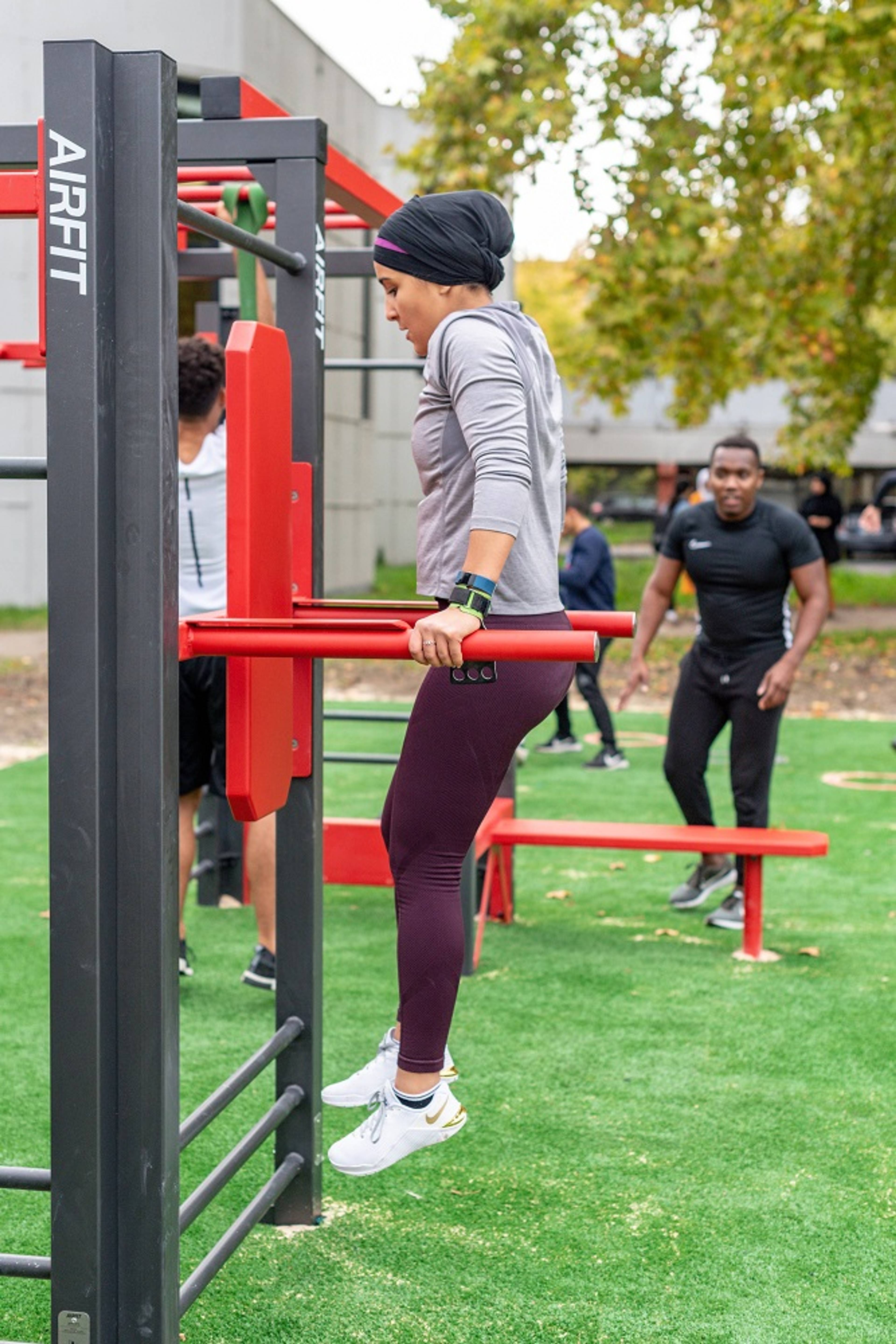
Bodybuilding on a Plant-Based Diet Plan: Is It Possible?
